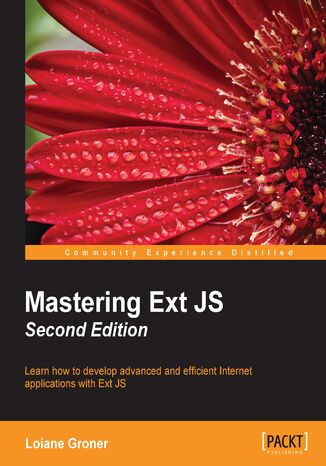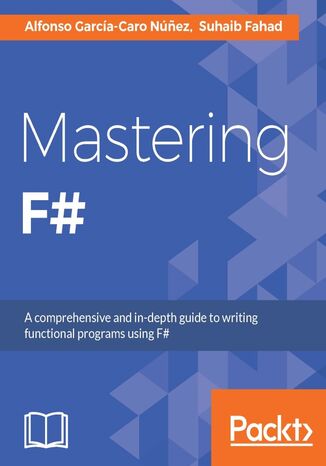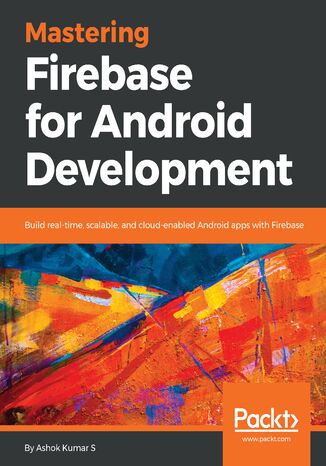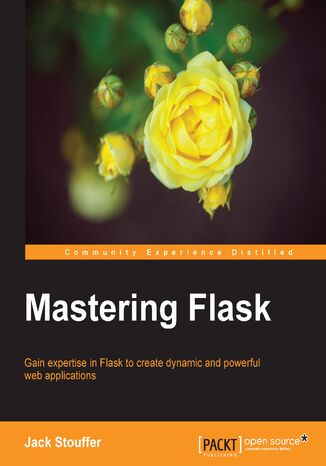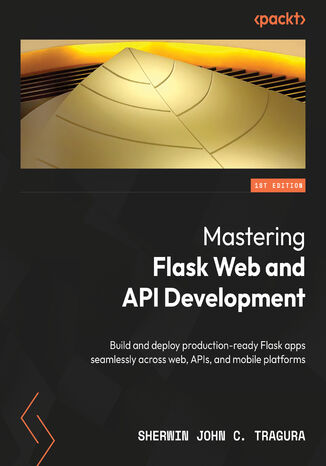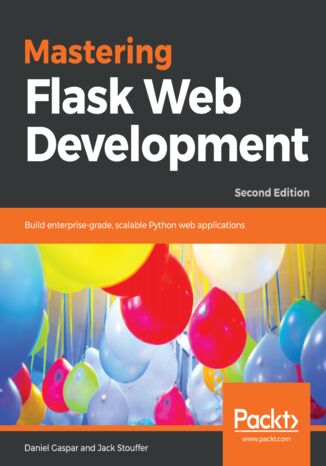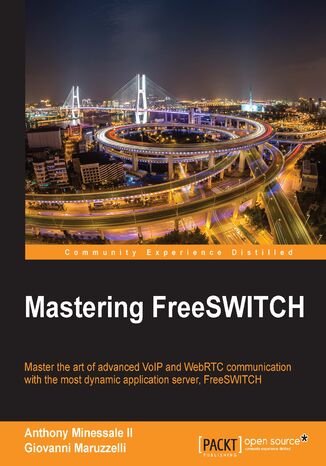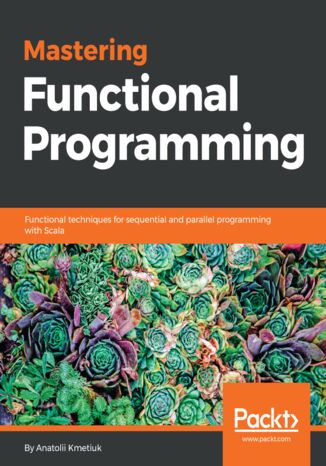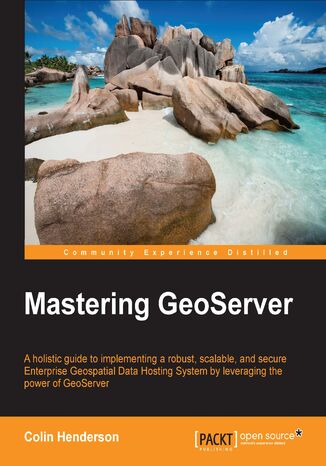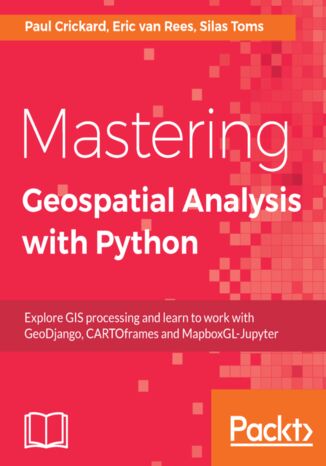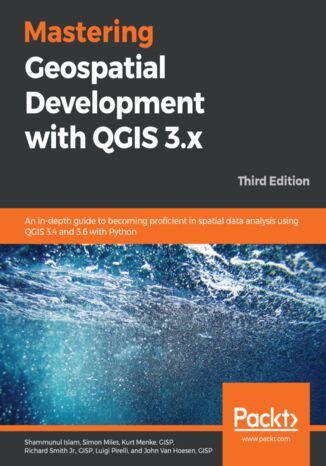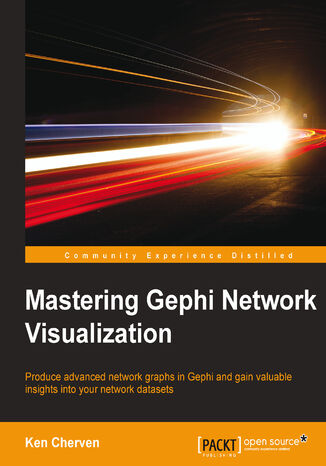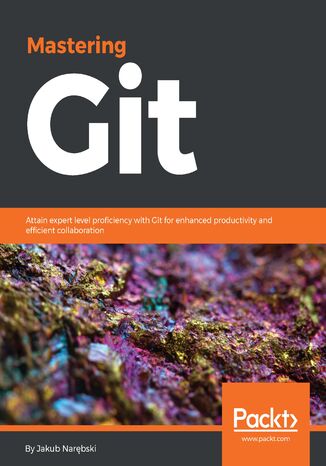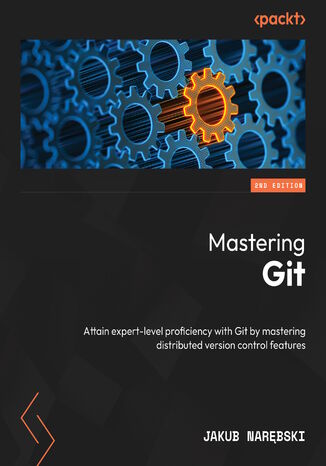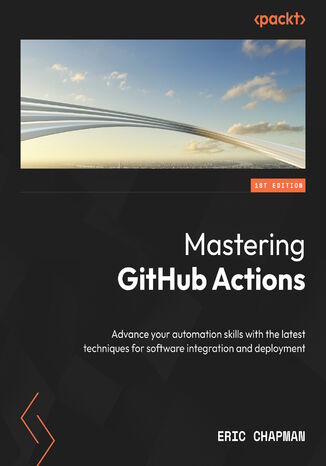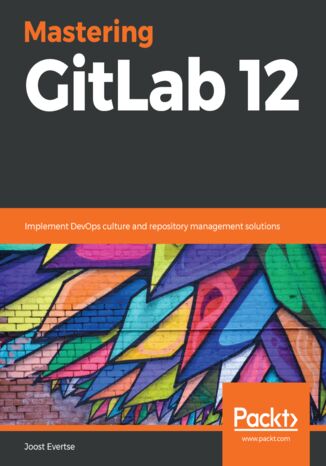Kategorie
-
- Bitcoin
- Bizneswoman
- Coaching
- Controlling
- E-biznes
- Ekonomia
- Finanse
- Giełda i inwestycje
- Kompetencje osobiste
- Komputer w biurze
- Komunikacja i negocjacje
- Mała firma
- Marketing
- Motywacja
- Multimedialne szkolenia
- Nieruchomości
- Perswazja i NLP
- Podatki
- Polityka społeczna
- Poradniki
- Prezentacje
- Przywództwo
- Public Relation
- Raporty, analizy
- Sekret
- Social Media
- Sprzedaż
- Start-up
- Twoja kariera
- Zarządzanie
- Zarządzanie projektami
- Zasoby ludzkie (HR)
-
- Architektura i wnętrza
- BHP
- Biznes i Ekonomia
- Dom i ogród
- E-Biznes
- Ekonomia i finanse
- Ezoteryka
- Finanse
- Finanse osobiste
- Firma
- Fotografia
- Informatyka
- Kadry i płace
- Kobieca
- Komputery, Excel
- Księgowość
- Kultura i literatura
- Naukowe i akademickie
- Ochrona środowiska
- Opiniotwórcze
- Oświata
- Podatki
- Podróże
- Psychologia
- Religia
- Rolnictwo
- Rynek książki i prasy
- Transport i Spedycja
- Zdrowie i uroda
-
- Aplikacje biurowe
- Bazy danych
- Bioinformatyka
- Biznes IT
- CAD/CAM
- Digital Lifestyle
- DTP
- Elektronika
- Fotografia cyfrowa
- Grafika komputerowa
- Gry
- Hacking
- Hardware
- IT w ekonomii
- Pakiety naukowe
- Podręczniki szkolne
- Podstawy komputera
- Programowanie
- Programowanie mobilne
- Serwery internetowe
- Sieci komputerowe
- Start-up
- Systemy operacyjne
- Sztuczna inteligencja
- Technologia dla dzieci
- Webmasterstwo
-
- Antologie
- Ballada
- Biografie i autobiografie
- Dla dorosłych
- Dramat
- Dzienniki, pamiętniki, listy
- Epos, epopeja
- Esej
- Fantastyka i science-fiction
- Felietony
- Fikcja
- Humor, satyra
- Inne
- Klasyczna
- Kryminał
- Literatura faktu
- Literatura piękna
- Mity i legendy
- Nobliści
- Nowele
- Obyczajowa
- Okultyzm i magia
- Opowiadania
- Pamiętniki
- Podróże
- Poemat
- Poezja
- Polityka
- Popularnonaukowa
- Powieść
- Powieść historyczna
- Proza
- Przygodowa
- Publicystyka
- Reportaż
- Romans i literatura obyczajowa
- Sensacja
- Thriller, Horror
- Wywiady i wspomnienia
-
- Archeologia
- Bibliotekoznawstwo
- Filmoznawstwo
- Filologia
- Filologia polska
- Filozofia
- Finanse i bankowość
- Geografia
- Gospodarka
- Handel. Gospodarka światowa
- Historia i archeologia
- Historia sztuki i architektury
- Kulturoznawstwo
- Lingwistyka
- Literaturoznawstwo
- Logistyka
- Matematyka
- Medycyna
- Nauki humanistyczne
- Pedagogika
- Pomoce naukowe
- Popularnonaukowa
- Pozostałe
- Psychologia
- Socjologia
- Teatrologia
- Teologia
- Teorie i nauki ekonomiczne
- Transport i spedycja
- Wychowanie fizyczne
- Zarządzanie i marketing
-
- BHP
- Historia
- Kodeks drogowy. Prawo jazdy
- Nauki prawne
- Ochrona zdrowia
- Ogólne, kompendium wiedzy
- Podręczniki akademickie
- Pozostałe
- Prawo budowlane i lokalowe
- Prawo cywilne
- Prawo finansowe
- Prawo gospodarcze
- Prawo gospodarcze i handlowe
- Prawo karne
- Prawo karne. Przestępstwa karne. Kryminologia
- Prawo międzynarodowe
- Prawo międzynarodowe i zagraniczne
- Prawo ochrony zdrowia
- Prawo oświatowe
- Prawo podatkowe
- Prawo pracy i ubezpieczeń społecznych
- Prawo publiczne, konstytucyjne i administracyjne
- Prawo rodzinne i opiekuńcze
- Prawo rolne
- Prawo socjalne, prawo pracy
- Prawo Unii Europejskiej
- Przemysł
- Rolne i ochrona środowiska
- Słowniki i encyklopedie
- Zamówienia publiczne
- Zarządzanie
-
- Afryka
- Albumy
- Ameryka Południowa
- Ameryka Środkowa i Północna
- Australia, Nowa Zelandia, Oceania
- Austria
- Azja
- Bałkany
- Bliski Wschód
- Bułgaria
- Chiny
- Chorwacja
- Czechy
- Dania
- Egipt
- Estonia
- Europa
- Francja
- Góry
- Grecja
- Hiszpania
- Holandia
- Islandia
- Litwa
- Łotwa
- Mapy, Plany miast, Atlasy
- Miniprzewodniki
- Niemcy
- Norwegia
- Podróże aktywne
- Polska
- Portugalia
- Pozostałe
- Przewodniki po hotelach i restauracjach
- Rosja
- Rumunia
- Słowacja
- Słowenia
- Szwajcaria
- Szwecja
- Świat
- Turcja
- Ukraina
- Węgry
- Wielka Brytania
- Włochy
-
- Filozofie życiowe
- Kompetencje psychospołeczne
- Komunikacja międzyludzka
- Mindfulness
- Ogólne
- Perswazja i NLP
- Psychologia akademicka
- Psychologia duszy i umysłu
- Psychologia pracy
- Relacje i związki
- Rodzicielstwo i psychologia dziecka
- Rozwiązywanie problemów
- Rozwój intelektualny
- Sekret
- Seksualność
- Uwodzenie
- Wygląd i wizerunek
- Życiowe filozofie
-
- Bitcoin
- Bizneswoman
- Coaching
- Controlling
- E-biznes
- Ekonomia
- Finanse
- Giełda i inwestycje
- Kompetencje osobiste
- Komunikacja i negocjacje
- Mała firma
- Marketing
- Motywacja
- Nieruchomości
- Perswazja i NLP
- Podatki
- Polityka społeczna
- Poradniki
- Prezentacje
- Przywództwo
- Public Relation
- Sekret
- Social Media
- Sprzedaż
- Start-up
- Twoja kariera
- Zarządzanie
- Zarządzanie projektami
- Zasoby ludzkie (HR)
-
- Antologie
- Ballada
- Biografie i autobiografie
- Dla dorosłych
- Dramat
- Dzienniki, pamiętniki, listy
- Epos, epopeja
- Esej
- Fantastyka i science-fiction
- Felietony
- Fikcja
- Humor, satyra
- Inne
- Klasyczna
- Kryminał
- Literatura faktu
- Literatura piękna
- Mity i legendy
- Nobliści
- Nowele
- Obyczajowa
- Okultyzm i magia
- Opowiadania
- Pamiętniki
- Podróże
- Poezja
- Polityka
- Popularnonaukowa
- Powieść
- Powieść historyczna
- Proza
- Przygodowa
- Publicystyka
- Reportaż
- Romans i literatura obyczajowa
- Sensacja
- Thriller, Horror
- Wywiady i wspomnienia
-
- Filozofie życiowe
- Komunikacja międzyludzka
- Mindfulness
- Ogólne
- Perswazja i NLP
- Psychologia akademicka
- Psychologia duszy i umysłu
- Psychologia pracy
- Relacje i związki
- Rodzicielstwo i psychologia dziecka
- Rozwiązywanie problemów
- Rozwój intelektualny
- Sekret
- Seksualność
- Uwodzenie
- Wygląd i wizerunek
- Życiowe filozofie
Mastering F#. Click here to enter text
Alfonso García-Caro Núnez, Suhaib Fahad
F# is a multi-paradigm programming language that encompasses object-oriented, imperative, and functional programming language properties. Now adopted in a wide range of application areas and is supported both by industry-leading companies who provide professional tools and by an active open community, F# is rapidly gaining popularity as it emerges in digital music advertising, creating music-focused ads for Spotify, Pandora, Shazam, and anywhere on the web. This book will guide you through the basics and will then help you master F#. The book starts by explaining how to use F# with Visual Studio, file ordering, and the differences between F# and C# in terms of usage. It moves on to explain the functional core of F# such as data types, type declarations, immutability, strong type interference, pattern matching, records, F# data structures, sequence expressions, and lazy evaluation. Next, the book takes you through imperative and asynchronous programming, F# type providers, applications, and testing in F#. Finally, we look into using F# with distributed programming and using F# as a suitable language for data science. In short, this book will help you learn F# for real-world applications and increase your productivity with functional programming.
Firebase offers a wide spectrum of tools and services to help you develop high-quality apps in a short period of time. It also allows you to build web and mobile apps quickly without managing the infrastructure.Mastering Firebase for Android Development takes you through the complete toolchain of Firebase,including the latest tools announced in Google IO 2018 such as Firebase ML-Kit, FireStore, and Firebase Predictions.The book begins by teaching you to configure your development environment with Firebase and set up a different structure for a Firebase real-time database. As you make your way through the chapters, you’ll establish the authentication feature in Android and explore email and phone authentication for managing the on-boarding of users. You’ll be taken through topics on Firebase crash reporting, Firebase functions, Firebase Cloud, Firebase Hosting, and Cloud Messaging for push notifications and explore other key areas in depth. In the concluding chapters, you will learn to use Firebase Test Lab to test your application before using Firebase Performance Monitoring to trace performance setbacks.By the end of the book, you will be well equipped with the Firebase ecosystem, which will help you find solutions to your common application development challenges.
Mastering Flask. Gain expertise in Flask to create dynamic and powerful web applications
Starting from a simple Flask app, this book will walk through advanced topics while providing practical examples of the lessons learned. After building a simple Flask app, a proper app structure is demonstrated by transforming the app to use a Model-View-Controller (MVC) architecture. With a scalable structure in hand, the next chapters use Flask extensions to provide extra functionality to the app, including user login and registration, NoSQL querying, a REST API, an admin interface, and more. Next, you’ll discover how to use unit testing to take the guesswork away from making sure the code is performing as it should. The book closes with a discussion of the different platforms that are available to deploy a Flask app on, the pros and cons of each one, and how to deploy on each one.
Flask is a popular Python framework known for its lightweight and modular design. Mastering Flask Web and API Development will take you on an exhaustive tour of the Flask environment and teach you how to build a production-ready application.You’ll start by installing Flask and grasping fundamental concepts, such as MVC and ORM database access. Next, you’ll master structuring applications for scalability through Flask blueprints. As you progress, you’ll explore both SQL and NoSQL databases while creating REST APIs and implementing JWT authentication, and improve your skills in role-based access security, utilizing LDAP, OAuth, OpenID, and databases. The new project structure, managed by context managers, as well as ASGI support, has revolutionized Flask, and you’ll get to grips with these crucial upgrades. You'll also explore out-of-the-box integrations with technologies, such as RabbitMQ, Celery, NoSQL databases, PostgreSQL, and various external modules. The concluding chapters discuss enterprise-related challenges where Flask proves its mettle as a core solution.By the end of this book, you’ll be well-versed with Flask, seeing it not only as a lightweight web and API framework, but also as a potent problem-solving tool in your daily work, addressing integration and enterprise issues alongside Django and FastAPI.
Flask is a popular Python framework known for its lightweight and modular design. Mastering Flask Web Development will take you on a complete tour of the Flask environment and teach you how to build a production-ready application. You'll begin by learning about the installation of Flask and basic concepts such as MVC and accessing a database using an ORM. You will learn how to structure your application so that it can scale to any size with the help of Flask Blueprints. You'll then learn how to use Jinja2 templates with a high level of expertise. You will also learn how to develop with SQL or NoSQL databases, and how to develop REST APIs and JWT authentication. Next, you'll move on to build role-based access security and authentication using LDAP, OAuth, OpenID, and database. Also learn how to create asynchronous tasks that can scale to any load using Celery and RabbitMQ or Redis. You will also be introduced to a wide range of Flask extensions to leverage technologies such as cache, localization, and debugging. You will learn how to build your own Flask extensions, how to write tests, and how to get test coverage reports. Finally, you will learn how to deploy your application on Heroku and AWS using various technologies, such as Docker, CloudFormation, and Elastic Beanstalk, and will also learn how to develop Jenkins pipelines to build, test, and deploy applications.
Mastering FreeSWITCH. Advanced tips and tricks for advanced multimedia communication
Anthony Minessale II, Giovanni Maruzzelli, Russell Treleaven, Seven Du, ...
FreeSWITCH is one of the best tools around if you’re looking for a modern method of managing communication protocols through a range of different media. From real-time browser communication with the WebRTC API to implementing VoIP (voice over internet protocol), with FreeSWITCH you’re in full control of your projects. This book shows you how to unlock its full potential – more than just a tutorial, it’s packed with plenty of tips and tricks to make it work for you.Written by members of the team who actually helped build FreeSWITCH, it will guide you through some of the newest features of version 1.6 including video transcoding and conferencing. Find out how FreeSWITCH interacts with other tools and APIs, learn how to tackle common (and not so common) challenges ranging from high availability to IVR development and programming advanced PBXs. Great communication functionality begins with FreeSWITCH – find out how and get your project up and running today.
Functional programming is a paradigm specifically designed to deal with the complexity of software development in large projects. It helps developers to keep track of the interdependencies in the code base and changes in its state in runtime. Mastering Functional Programming provides detailed coverage of how to apply the right abstractions to reduce code complexity, so that it is easy to read and understand.Complete with explanations of essential concepts, practical examples, and self-assessment questions, the book begins by covering the basics such as what lambdas are and how to write declarative code with the help of functions. It then moves on to concepts such as pure functions and type classes, the problems they aim to solve, and how to use them in real-world scenarios. You’ll also explore some of the more advanced patterns in the world of functional programming such as monad transformers and Tagless Final. In the concluding chapters, you’ll be introduced to the actor model, which you can implement in modern functional languages, and delve into parallel programming.By the end of the book, you will be able to apply the concepts of functional programming and object-oriented programming (OOP)in order to build robust applications.
Silas Toms, Paul Crickard, Eric van Rees
Python comes with a host of open source libraries and tools that help you work on professional geoprocessing tasks without investing in expensive tools. This book will introduce Python developers, both new and experienced, to a variety of new code libraries that have been developed to perform geospatial analysis, statistical analysis, and data management. This book will use examples and code snippets that will help explain how Python 3 differs from Python 2, and how these new code libraries can be used to solve age-old problems in geospatial analysis.You will begin by understanding what geoprocessing is and explore the tools and libraries that Python 3 offers. You will then learn to use Python code libraries to read and write geospatial data. You will then learn to perform geospatial queries within databases and learn PyQGIS to automate analysis within the QGIS mapping suite. Moving forward, you will explore the newly released ArcGIS API for Python and ArcGIS Online to perform geospatial analysis and create ArcGIS Online web maps. Further, you will deep dive into Python Geospatial web frameworks and learn to create a geospatial REST API.
Shammunul Islam, Simon Miles, Kurt Menke, GISP, ...
QGIS is an open source solution to GIS and widely used by GIS professionals all over the world. It is the leading alternative to proprietary GIS software. Although QGIS is described as intuitive, it is also, by default, complex. Knowing which tools to use and how to apply them is essential to producing valuable deliverables on time. Starting with a refresher on the QGIS basics and getting you acquainted with the latest QGIS 3.6 updates, this book will take you all the way through to teaching you how to create a spatial database and a GeoPackage. Next, you will learn how to style raster and vector data by choosing and managing different colors. The book will then focus on processing raster and vector data. You will be then taught advanced applications, such as creating and editing vector data. Along with that, you will also learn about the newly updated Processing Toolbox, which will help you develop the advanced data visualizations. The book will then explain to you the graphic modeler, how to create QGIS plugins with PyQGIS, and how to integrate Python analysis scripts with QGIS. By the end of the book, you will understand how to work with all aspects of QGIS and will be ready to use it for any type of GIS work.
Jakub Narębski, Jakub S Narebski
Git is one of the most popular types of Source Code Management (SCM) and Distributed Version Control System (DVCS). Despite the powerful and versatile nature of the tool enveloping strong support for nonlinear development and the ability to handle large projects efficiently, it is a complex tool and often regarded as “user-unfriendly”. Getting to know the ideas and concepts behind the architecture of Git will help you make full use of its power and understand its behavior. Learning the best practices and recommended workflows should help you to avoid problems and ensure trouble-free development.The book scope is meticulously designed to help you gain deeper insights into Git's architecture, its underlying concepts, behavior, and best practices. Mastering Git starts with a quick implementation example of using Git for a collaborative development of a sample project to establish the foundation knowledge of Git operational tasks and concepts. Furthermore, as you progress through the book, the tutorials provide detailed descriptions of various areas of usage: from archaeology, through managing your own work, to working with other developers. This book also helps augment your understanding to examine and explore project history, create and manage your contributions, set up repositories and branches for collaboration in centralized and distributed version control, integrate work from other developers, customize and extend Git, and recover from repository errors. By exploring advanced Git practices, you will attain a deeper understanding of Git’s behavior, allowing you to customize and extend existing recipes and write your own.
Developers often feel overwhelmed by complex version control issues, especially when managing large repositories. This updated second edition of our Git guide empowers you to tackle these challenges head-on and emerge as a Git pro. The book gets you up to speed with the latest Git version, its features, and advanced branching techniques, helping you master complex development scenarios. A new chapter on tackling challenges while managing large repositories has been added, providing invaluable strategies for efficient version control with Git. The book goes beyond the basics to take you through Git’s architecture, behavior, and best practices in depth. The chapters help you develop a clear understanding of customizing workflows, creating unique solutions, and tackling any version control hurdle. As you advance, you’ll explore a wide range of functionalities, from examining project history to collaborating seamlessly with teammates. Detailed descriptions guide you through managing your work, collaborating with others, administering Git, and navigating project history. By the end of this book, you’ll have become a Git pro and be confident enough to handle advanced branching, manage large repositories, customize workflows, collaborate effectively, and troubleshoot any version control issues.
Navigating GitHub Actions often leaves developers grappling with inefficiencies and collaboration bottlenecks. Mastering GitHub Actions offers solutions to these challenges, ensuring smoother software development.With 16 extensive chapters, this book simplifies GitHub Actions, walking you through its vast capabilities, from team and enterprise features to organization defaults, self-hosted runners, and monitoring tools. You’ll learn how to craft reusable workflows, design bespoke templates, publish actions, incorporate external services, and introduce enhanced security measures. Through hands-on examples, you’ll gain best-practice insights for team-based GitHub Actions workflows and discover strategies for maximizing organization accounts.Whether you’re a software engineer or a DevOps guru, by the end of this book, you'll be adept at amplifying productivity and leveraging automation's might to refine your development process.
Mastering GitLab 12. Implement DevOps culture and repository management solutions
GitLab is an open source repository management and version control toolkit with functions for enterprises and personal software projects. It offers configurability options, extensions, and APIs that make it an ideal tool for enterprises to manage the software development life cycle.This book begins by explaining GitLab options and the components of the GitLab architecture. You will learn how to install and set up GitLab on-premises and in the cloud, along with understanding how to migrate code bases from different systems, such as GitHub, Concurrent Versions System, Team Foundation Version Control, and Subversion. Later chapters will help you implement DevOps culture by introducing the workflow management tools in GitLab and continuous integration/continuous deployment (CI/CD). In addition to this, the book will guide you through installing GitLab on a range of cloud platforms, monitoring with Prometheus, and deploying an environment with GitLab. You'll also focus on the GitLab CI component to assist you with creating development pipelines and jobs, along with helping you set up GitLab runners for your own project. Finally, you will be able to choose a high availability setup that fits your needs and helps you monitor and act on results obtained after testing.By the end of this book, you will have gained the expertise you need to use GitLab features effectively, and be able to integrate all phases in the development process.

